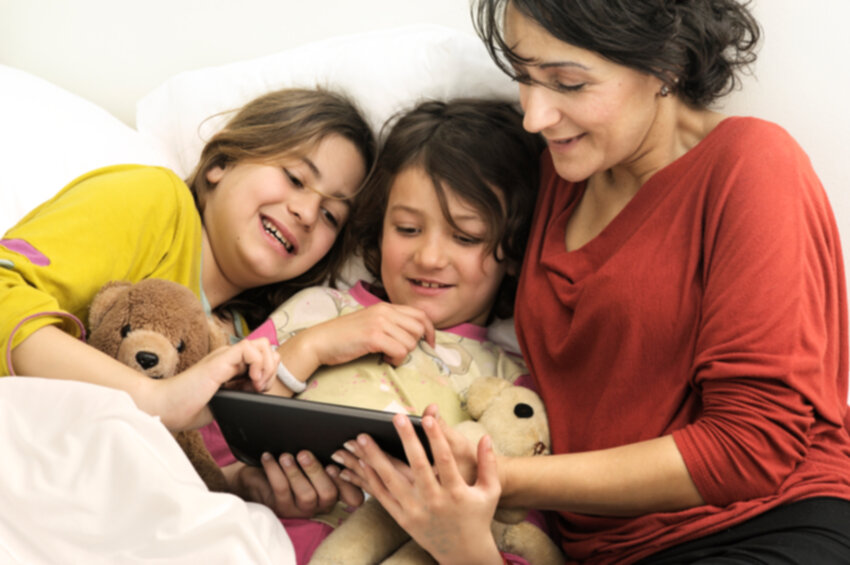 Do Electronic Toys Foster Language?
Do Electronic Toys Foster Language?
 Though convenient for parents, researchers are asking the question if electronic toys foster language. What many are finding is that electronic toys and devices are coming up short compared to traditional books.
Though convenient for parents, researchers are asking the question if electronic toys foster language. What many are finding is that electronic toys and devices are coming up short compared to traditional books.
According to the article “When It Comes to Infant Language Development, Not All Toys Are Created Equal, with electronic toys, experts are seeing fewer responses by parents towards infants’ vocalizations, fewer sounds by the infants, themselves, fewer conversations between parents and children, and fewer words being spoken by parents when compared to book reading.
Electronic toys are definitely delaying communication in infants, says one pediatrician in the article “Can Electronic Toys Delay a Child’s Speech Development?” Quality communication is just lost when children don’t talk because they are interacting with an electronic toy, instead, she states. These toys may be entertaining but that shouldn’t be the objective; kids should be learning how to communicate, more than anything else, the doctor adds.
Another article “Playing to Learn: The Trouble with Electronic Toys,” says that devices with interactive screens provide an instantaneous cause and effect. A person touches something and gets immediate feedback for it. It’s one of the reasons kids can sit for hours playing with one. These are the same kids who then can’t pay attention in class or have a simple conversation, however. It’s relationships that assists a child’s development, says the article. Though technology connects people, it’s causing a lot of isolation, too, it adds.
If these devices and toys are causing issues for children learning one language, like English, it’s causing an even bigger challenge for dual language kids. In terms of the largest bilingual segment in the country, Hispanic kids, the Latino Family Literacy Project is doing a fantastic job at making sure that traditional books stay a priority.
In essence, the Project is a program where schools and teachers reach out to Latino parents in helping them connect and communicate more with their kids through an at-home reading routine using bilingual books. Teachers can attend a one-day, program training at a workshop near them or via an online webinar.
